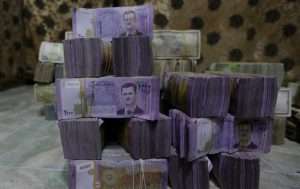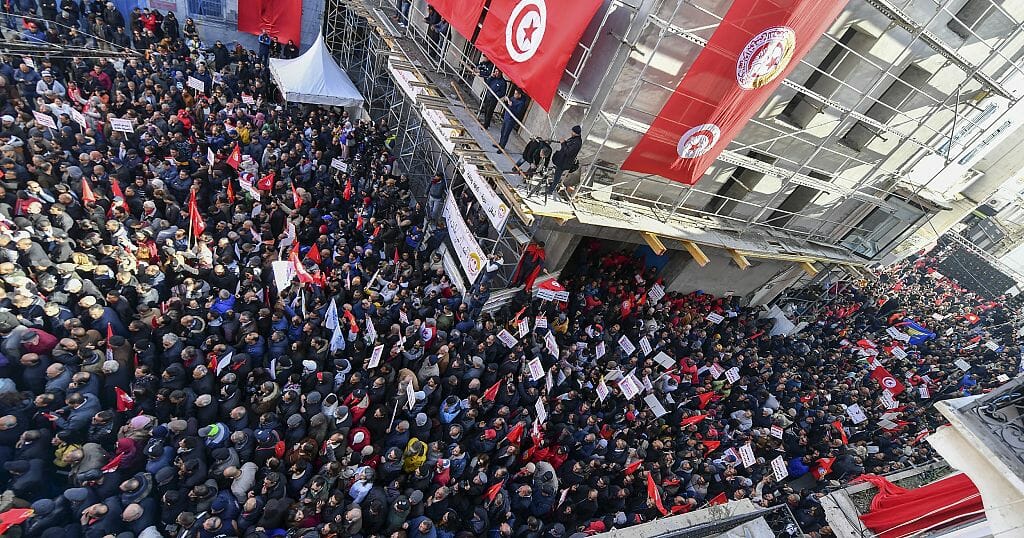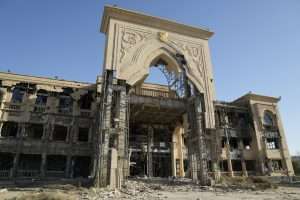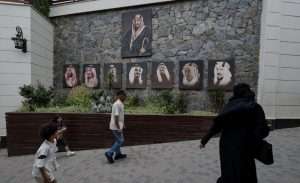Ramadan takes its toll on Tunisians

What should be a time of joy, mindfulness, and culinary tradition is now a painful period of hunger and frustration as Tunisians face Ramadan during the country’s on-going economic crisis.
Inflation and food shortages have ceased the ritual gatherings and enjoyment of the holy month for many Tunisians, according to The National on 23rd March.
Many can no longer afford ‘basic needs’ and have been dissuaded from purchasing pantry staples such as red meat and fish, despite the government’s promises to counter hoarding and enhance local markets by importing goods such as beef, poultry, and bananas.
READ: Algeria’s Ramadan meat imports spark controversy
However, Tunisian butcher Mohamed Mlouki, told the National that “the state keeps lying about importing, they do not have the money for it and the citizen already lost hope and no longer bother to buy [certain food].”
Ali Aakli, one of Mr Mlouki’s employees, revealed that the extortionate cost of red meat was due to unfair government licensing that allows “only one person” to dictate the prices in the cattle market.
Despite Tunisia’s decreased national inflation rate – from 12.1% in January to 7.5% in February – individuals like 60-year-old homemaker, Fatma Hilal find themselves refraining from Ramadan traditions as they still struggle to make ends meet.
“There is nothing that you would lay your hand on at the supermarket and actually feel confident that you could afford,” Mrs Hilal said.
Unfortunately for Tunisians, the national shortage of food is no new news.
The Guardian reported that Tunisia has been subsiding staple foods since the 1970s. Over the years, the strain on the country’s budget has spiralled and the subsidies have swollen to make up around 8% of Tunisia’s GDP.
Early last year, Tunisia’s president Kais Saied denied the country’s food shortages and suggested that the inflation and economic crisis was the fault of the incarcerated “criminals” who opposed his regime.
The National/The Guardian
Want to chase the pulse of North Africa?
Subscribe to receive our FREE weekly PDF magazine












